Chapter Three
A/N in case you need to be caught up on what's going on, here's the story in Vines.
Everyone at the Kalends of January party
[There should be a GIF or video here. Update the app now to see it.]
Jason and the masked assassin
[There should be a GIF or video here. Update the app now to see it.]
Ramirez-Arellano
[There should be a GIF or video here. Update the app now to see it.]
Jason and Ramirez-Arellano
[There should be a GIF or video here. Update the app now to see it.]
Jason finding Percy at the Brothel
[There should be a GIF or video here. Update the app now to see it.]
Percy being woken up by Jason
[There should be a GIF or video here. Update the app now to see it.]
Jason and later Sally @ Percy
[There should be a GIF or video here. Update the app now to see it.]
Percy seeing Annabeth at the fountain
[There should be a GIF or video here. Update the app now to see it.]
Annabeth's mother came from a village in Gaul that had a spring, sacred to her tribe's patron goddess Sequana. This spring was the source of a great river that bore the goddess's name. People came there from all over Gaul to leave offerings of coins, jewelry, and weapons. Even the great Julius Caesar paid his respects at Sequana's spring.
A/N the river Sequana is now called the Seine. The spring I'm talking about is in a Burgundian town called Source-Seine.
When Mater was alive, one of her duties was to fetch water from the nearby fountain and she often brought Annabeth along to help her. It was during these errands that she taught Annabeth about her tribe's custom of leaving offerings at springs and fountains. Sometimes, Mater let Annabeth toss a coin into the fountain and make a wish.
Annabeth wished for the typical things little girls wished for: to have pretty dresses and plenty of sweets to eat and to not have to do chores. Little did she know that Fortuna would one day play a joke on her by giving her everything she ever wanted.
Even now that Annabeth was no longer a slave and didn't have to go fetch water, she still made the trip every day with Silena, her friend since childhood and now her maid, to the neighborhood fountain as a way of honoring Mater's memory. It was as much a part of her daily routine as leaving cheesecake at the family shrine for the household gods and making burnt offerings of bread to Brigandu in the kitchen hearth.
Annabeth and Silena, each carrying a terracotta water jug on their head, returned to the Chase villa through the kitchen door. After putting her jug down, Annabeth caressed the metal arm torc she wore on her upper left arm. Mater had bequeathed it to her as she lay dying.
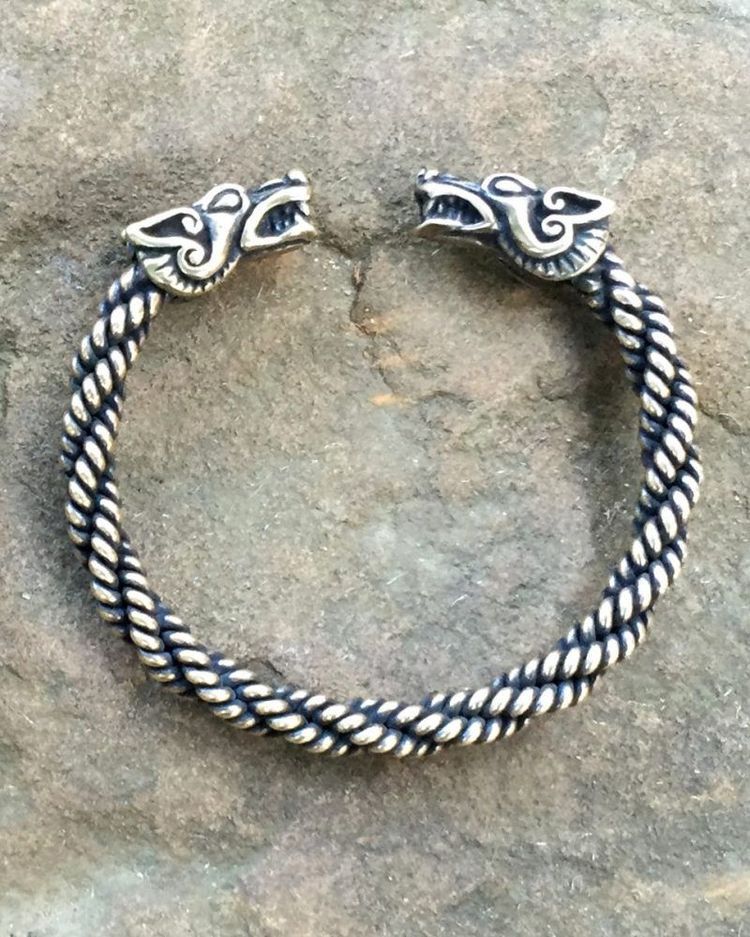
"It belonged to my mother," she had said. "And her mother before her."
The kitchen was hot, steamy, and filled with the smells of the afternoon meal cooking: roasting fish and frying eggs. These delicious aromas made Annabeth's stomach roar and her mouth water.
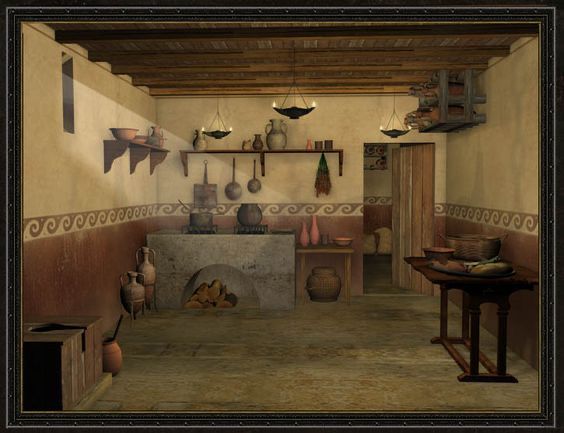
"Demeter," she said to the plump, matronly cook who was carrying over a jug of garum with which to season the fish. "Can I have some bread to tide me over until lunch is ready?"
Demeter shrugged. "Help yourself." She drizzled the strong-smelling garum into the pan where several pieces of mullet sizzled.
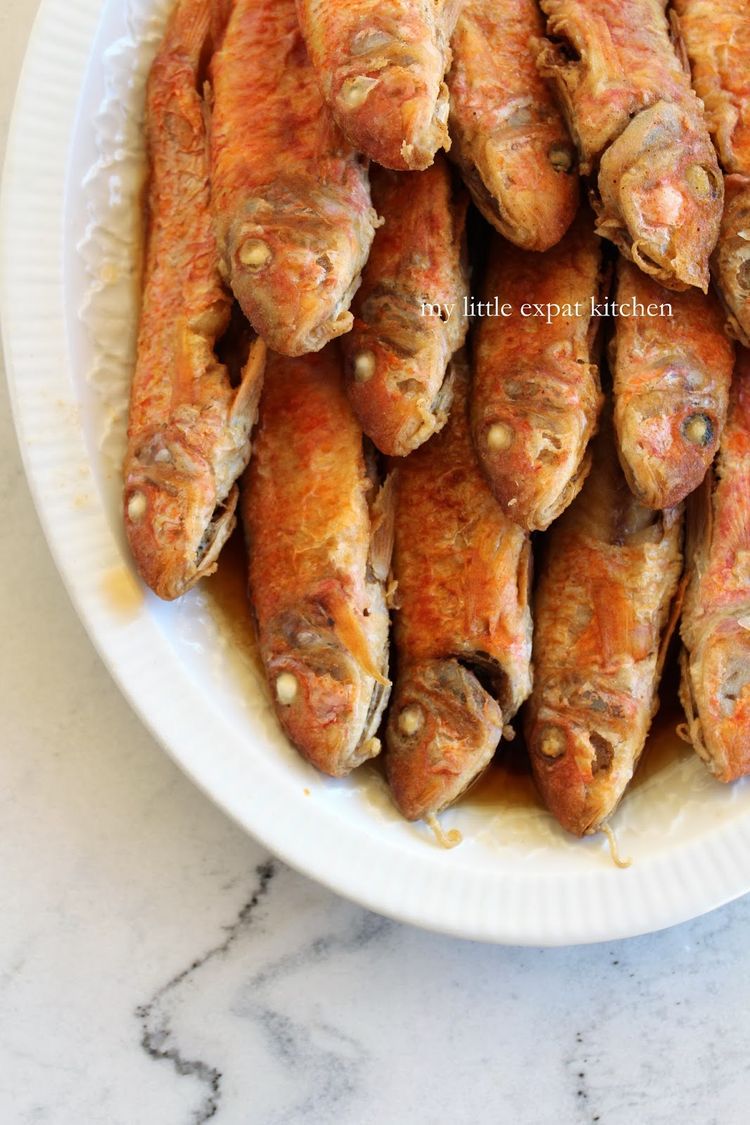
Annabeth scampered over to the pantry and grabbed a small bread loaf leftover from breakfast. She broke it in two. One half she gave to Silena.
Silena broke off a dainty morsel of bread and put it in her mouth. "That young Apollo you nodded to at the water fountain," she said to Annabeth, chewing with her mouth open. "Was he the boy whose dog you found?"
"He's too dark to be an Apollo, and yes..." Annabeth replied.
His close-cropped dark hair was the exact opposite of Apollo's tousled golden tresses. Apollo usually had a face that was as pretty as a maiden's, like some Greek fancy boy, but the youth from the fountain's face was pure Roman. He had a strong jaw, a hooked nose, and a full, serious mouth. The whole face was rugged and stern-looking but not unhandsome, with brooding, green eyes.
"...Apollo would've written a better poem."
Silena's eyes widened. "He wrote a poem for you?"
"He left these in a crack in the wall near the fountain." Annabeth produced a piece of broken pottery and a dried lily from a small bag that hung from her belt.

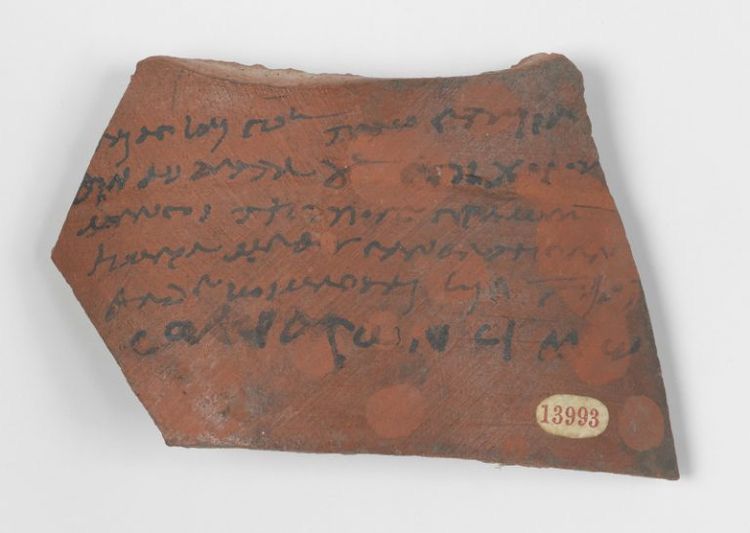
Silena couldn't read, so Annabeth read aloud the lines of verse inscribed on the potsherd:
O nymph of the fountain,
sweeter and purer than its waters,
I make this offering as thanks for the kindness you showed a beloved companion:
A chaste lily and these humble verses.
Please continue to bless those who stop to drink from you,
And watch over lost dogs.
Annabeth put the dried lily and the potsherd back in her bag. "He's no Hesiod," she said. "But I can tell from the penmanship that he's well educated."
With a pout, Annabeth admitted that his penmanship was better than her own. But Annabeth was lucky that she could read and write at all, having been born a slave.
A series of shrill yips interrupted Demeter as she flipped the egg and asparagus mixture she was frying in a pan. "Get out of here, beast," she shouted. "I've got nothing for you."
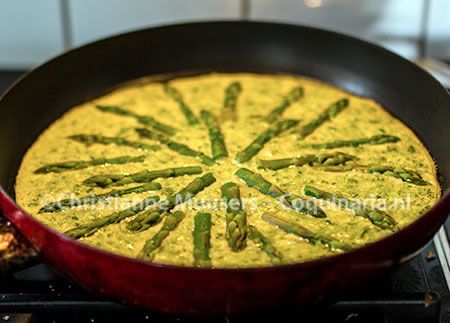
A small, fluffy white dog pawed at Demeter's skirts, trying to get a handout.

"Here Melilla." Annabeth tempted the dog away with a piece of bread. Melilla scampered over to Annabeth's side, her nails scraping the wooden floorboards. She nibbled the bread out of Annabeth's hand.
Demeter shook her head. "You spoil that beast, Annabeth."
"Like how you spoil me?" She kissed the cook on her ample cheek.
Annabeth was her master's daughter so Demeter had to let her have her way.
"Now get out," Demeter pointed to Annabeth and Silena. "Both of you little jades, and take the beast with you. And Silena, get some herbs from the garden for the columella salad."
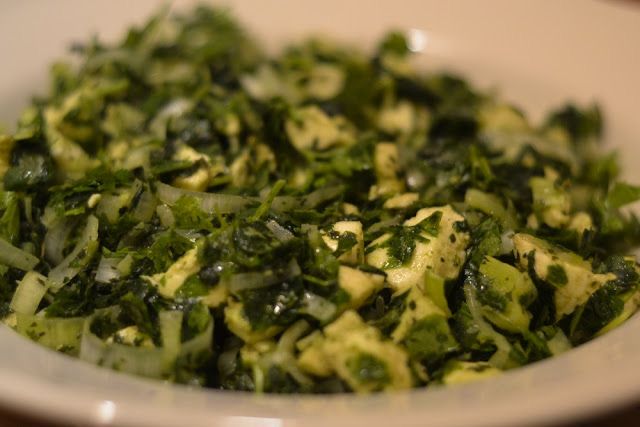
Silena bowed her head to Demeter. The skirt of her unbleached wool dress swished and the wide clay tag on her collar thumped against her chest as she pranced off into the garden.
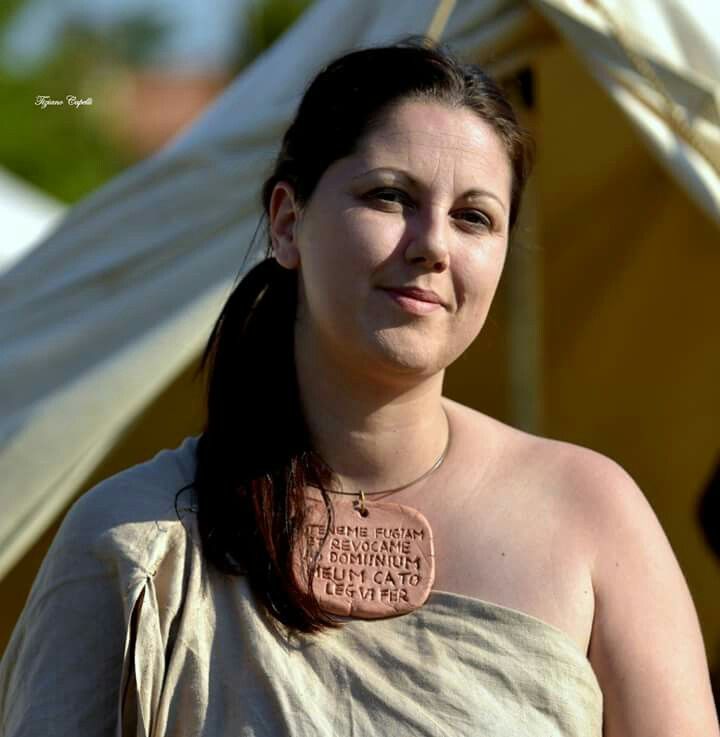
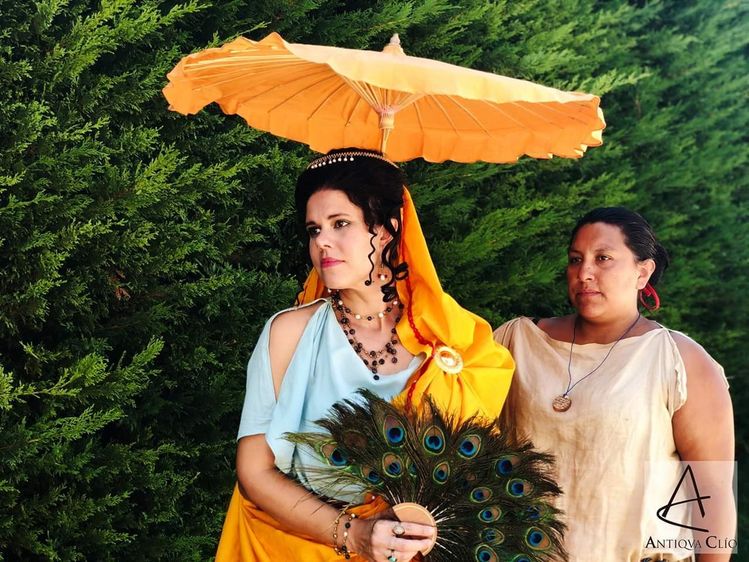
Annabeth plopped another hunk of bread into her mouth.
Demeter continued wagging her finger. "And you, young lady, don't fill up on bread. Lunch'll be served in a half-hour."
Annabeth had held her little brothers in her arms as they lay dying from the fever. She mopped Mathew and Bobby's burning foreheads with cold water and sang to them about Sequana's refreshing spring while their mother, Pater's wife Helen, also perished from the same illness in another room.
"Annie," Bobby had moaned. "Will we drink from Sequana's spring someday?"
"Of course, my love," Annabeth replied.
The death masks of Mathew and Bobby and their mother, Helen, now sat among the family ancestors on the household shrine.
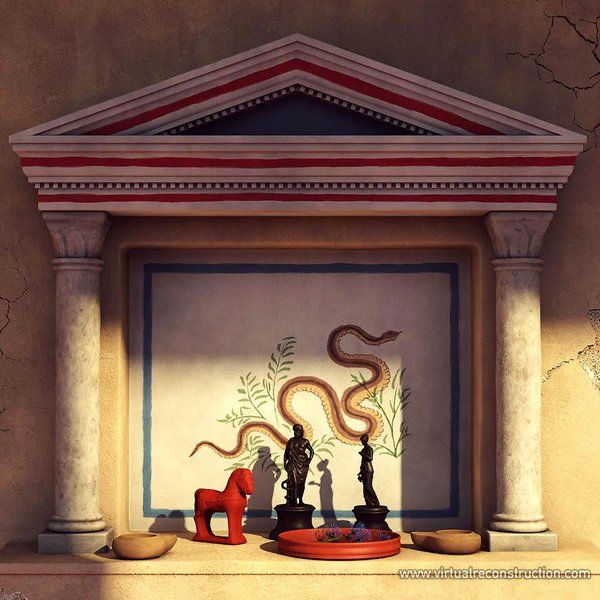
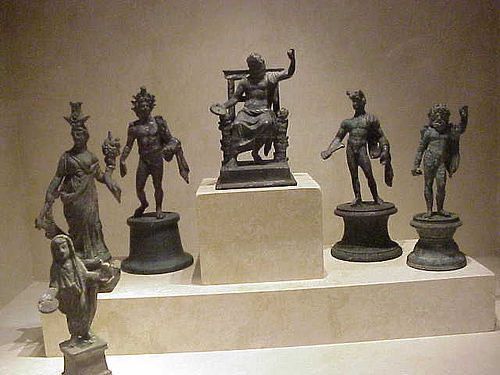
Every afternoon, Annabeth left cheesecake as an offering to their spirits.
Annabeth's eyes strained in the blinding sunlight as she stepped out of the Lararium, the room which housed the family shrine, and into the courtyard garden in the center of the villa. The day was fine, so she'd asked for her loom to be set up in the shade of the olive tree.
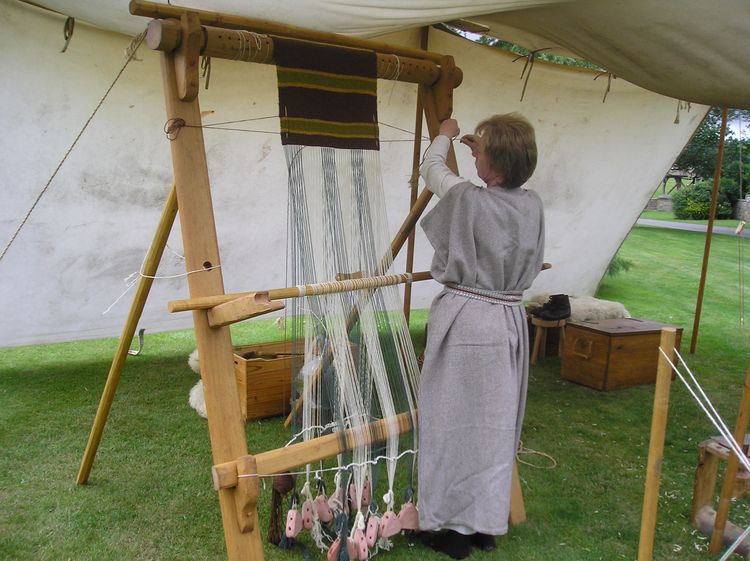
A half-finished tapestry, meant to depict the suicide of Lucretia, hung on the loom. Annabeth's fingers wove the words "Nec impudica Lucretiae exemplo vivet" (no unchaste woman shall live by Lucretia's example) at the feet of the republican heroine, who brought down the corrupt Roman monarchy. This tapestry reflected Annabeth's family's republic sympathies and her own skills as a weaver.
" Julian Ramirez-Arellano and I were hardly the best of friends," said Annabeth's father, Frederick Chase. He was standing on the veranda and adjusting his toga, which had fallen from his shoulders. Luke Castellan, a young neighbor of theirs, leaned against a Corinthian column next to him. "But it's a terrible scandal when such crimes happen in decent neighborhoods. No one's safe anymore."
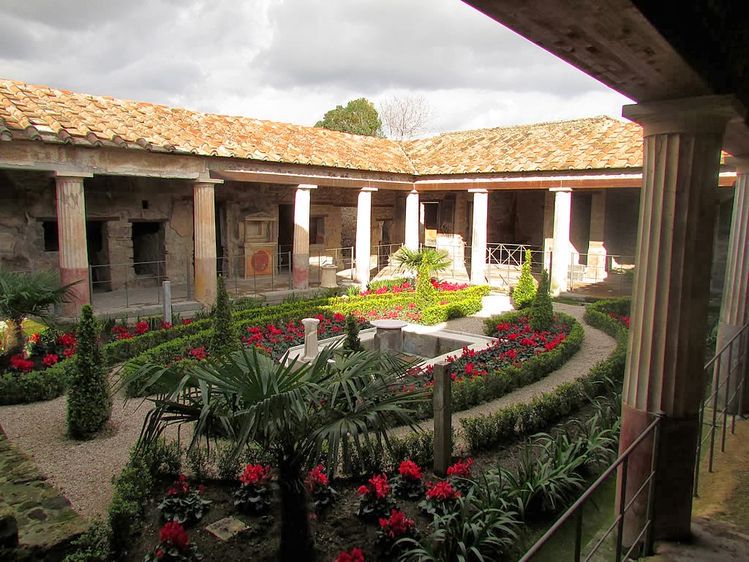
Luke raised a blond eyebrow. "You can't say Ramirez-Arellano's death was much of a loss. If I came across whoever did the deed, I'd give him a purse of gold."
Annabeth suppressed a gasp at Luke's cruel remark but he had his reasons for making it. The Castellan and Ramirez-Arellano families had bad blood going back generations. Ramirez Arellano supported Julius Caesar during the recent wars while the Castellans (like the Chases) were staunch Pompeians. Luke's father, Hermes, had lost an election for a magisterial position to Ramirez-Arellano while Hermes had the right to collect taxes in some obscure but lucrative province that Ramirez-Arellano coveted. No one in Luke's family would shed too many tears over their late rival.
Pater clapped Luke on the back. "I'm not going to argue with you there, my boy," he said. He looked up in Annabeth's direction. "But you're probably bored with listening to an old man like me, here's some more pleasant company for you."
"Hello, Annabeth." Luke dipped her a bow.
Annabeth lowered her eyes, as was modest and proper. "Good afternoon, Luke," she said.
If Annabeth had known visitors were coming today, she would have put on something nicer than the simple grey linen dress she wore.
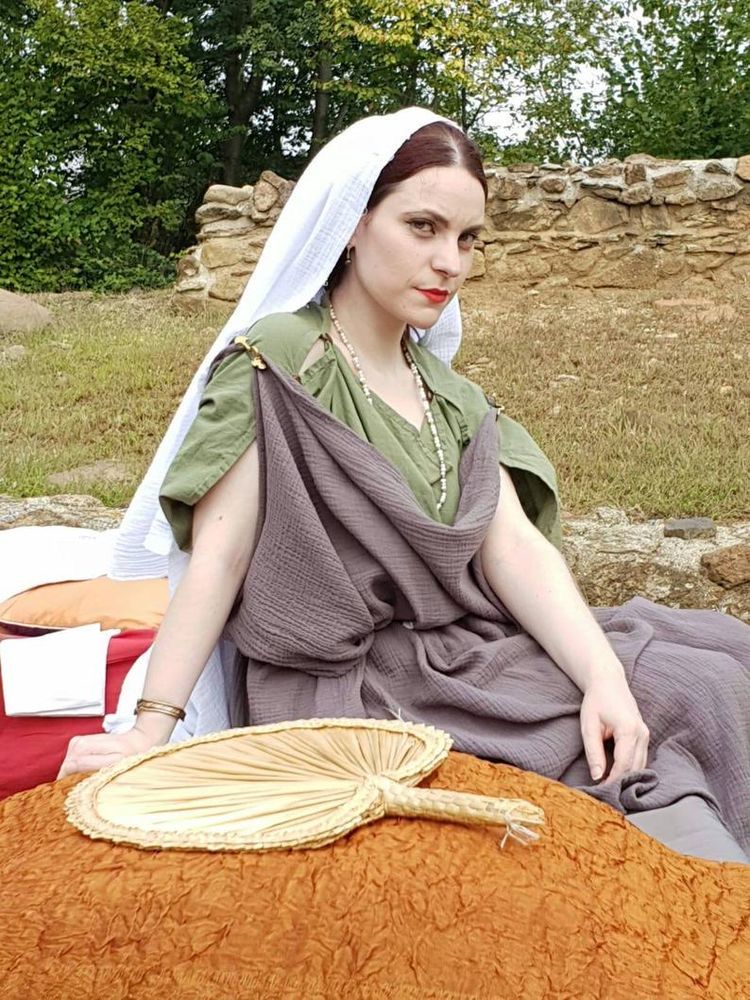
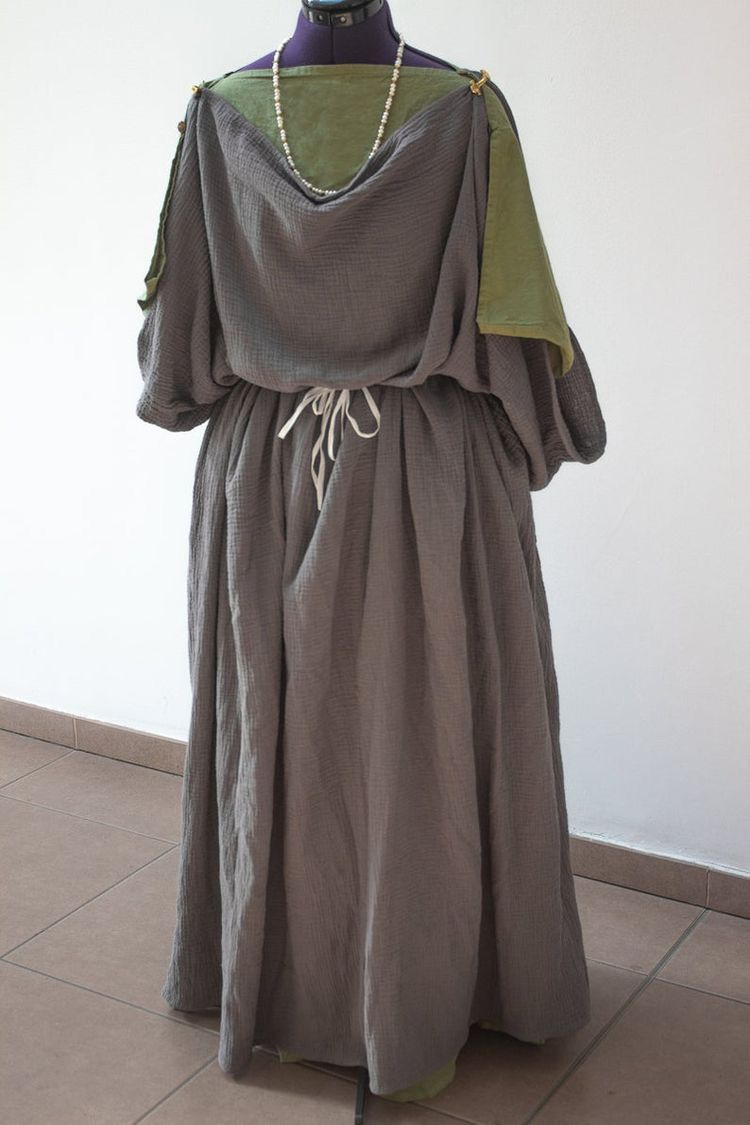
At least, she'd remembered to put up her braid. Annabeth usually wore her hair plaited in the Gaulish style, with the braid falling down her back, signifying that she was unmarried, when at home. Roman ladies were expected to wear their hair up in public, so when company called, Annabeth pinned up her braid in a knot at the nape of her neck or in a wreath around her head. With a smile, Annabeth noticed that these styles were particularly becoming on her.

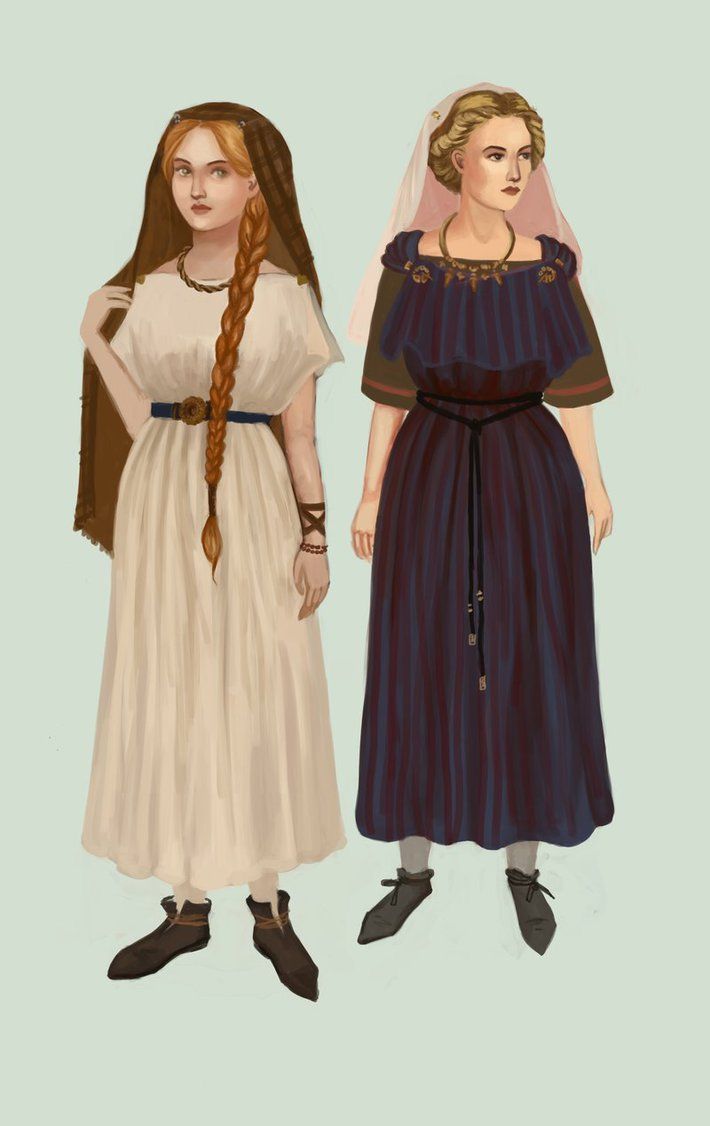
Pater turned around and returned into the shade of the house. Annabeth and Luke had known each other since they were children, so Pater didn't mind leaving them alone together. Luke was a young man of impeccable breeding and an unblemished reputation. No hint of a scandal, such as gambling debts or pregnant slave girls, surrounded him. If Luke had any vices, he was discreet about them. A father could trust him with his daughter's virtue.
Luke strode into the garden, the gravel path crunching under his feet. He circled around Annabeth's loom. His hand gently stroked and admired her weaving. "This is exquisite work," he said.
Annabeth's cheeks felt warm. "Thank you," she replied.
Among the manicured poplar trees and myrtle bushes, Luke stood like a statue of a young god. If Silena had thought the youth from the fountain an Apollo, that epithet better suited Luke, with his wavy, golden tresses and straight, flawless features. Annabeth had always found Luke to be one of the most handsome men she'd ever seen.
Luke stood next to Annabeth to get a better look at the tapestry. "The suicide of Lucretia?"
"Yes." Annabeth put down the skein of the red thread she was using for the doomed heroine's blood. Her back was sore from working at her loom for the past hour. "I'm tired of standing. Would you care to sit with me by the fish pond?"
Luke smiled and bowed his head. "I'd be honored."
The fish pond sat in the center of the courtyard. Red gladioli flowers grew around its perimeter. A spacious marble bench stood at its western end.

Annabeth took her seat on the bench and spread out her skirts. Luke sat down next to her.
"Remember when we were children," he said. "And we would steal some of the cheesecake meant for the shrine and feed it to the fish?"
Annabeth laughed. "Yes. And then we'd kick off our shoes and stick our feet in the pond." She reached down and dipped her hand into the cool water. The mosaic depicting Medusa's head was visible at the bottom of the clear, still pool.

A striped goatfish swam over and nibbled at the tips of Annabeth's fingers. It tickled and made her giggle.
"A lot's changed since then," Luke said. He also dipped his fingers into the fish pond.
"Yes, it has." Annabeth splashed him. "And a lot's stayed the same."
A lot had changed. Annabeth was no longer the scrawny, coarse urchin she used to be. She had grown tall and womanly and liked to think that she'd gained some refinement as well over the years.
Luke's fingers cut through the water and intertwined with Annabeth's. "You've become a fine lady."
"Thank you." Annabeth's cheeks were warm.
He leaned in closer, brushed some hair from her face, and touched his lips to hers.
Now Annabeth's cheeks blazed. She pulled away from him. The idea of kissing Luke was close to that of kissing the god, Apollo.
Luke lowered his eyes. "I'm sorry."
"Don't be, it's just that I had no idea you felt that way about me."
Where did this come from? All the years they had known each other, Luke never shown any sign that he thought of her as anything more than a little sister.
"I've long held a fondness for you, Annabeth." Luke rose from the bench and smoothed his tunic and toga.
Annabeth dried her hands on her skirt and folded them in her lap. "Does this fondness have anything to with me now being my father's heiress?"
I'll marry Annabeth off to some decent young man and leave everything to him, Pater said someone suggested he take a second wife and try to sire more sons.
Luke paced in front of Annabeth. "I tried to ignore what I felt for you and didn't plan on acting on these feelings because..."
"Because I wasn't worthy of your affections when I was a bastard." Annabeth raised an eyebrow.
"No, because I wanted you to love me as a wife." He took her hand. "Not yield to me as a slave."
Annabeth took a deep breath. Her heartbeat against her ribs like the wings of a caged bird. Luke was handsome, honorable, and rich. Any girl would think herself blessed to be proposed to by him and Annabeth knew she would grow to love him as a wife should. "Speak to my father," she replied.
Luke's eyes lit up. Her answer pleased him. A dutiful daughter meant a dutiful wife. "I will, right now." He kissed her hand before letting go of it.
Like a giddy young boy, Luke left her and went inside to go find Pater. No doubt Pater would consent to their marriage. Luke was exactly the type of man he wanted for his son-in-law and heir. His fortune and his daughter would be safe in Luke's hands.
What Annabeth felt at the prospect of marrying Luke wasn't joy but rather a relief, relief that her future and position in society would be settled and secure. Instead of a lowly slave with no prospects, she'd be the mistress of a household and the wife of a man who had respect and affection for her.
Wherever Mater was, she'd be thrilled and delighted by this change in her little girl's fate.
Bạn đang đọc truyện trên: AzTruyen.Top